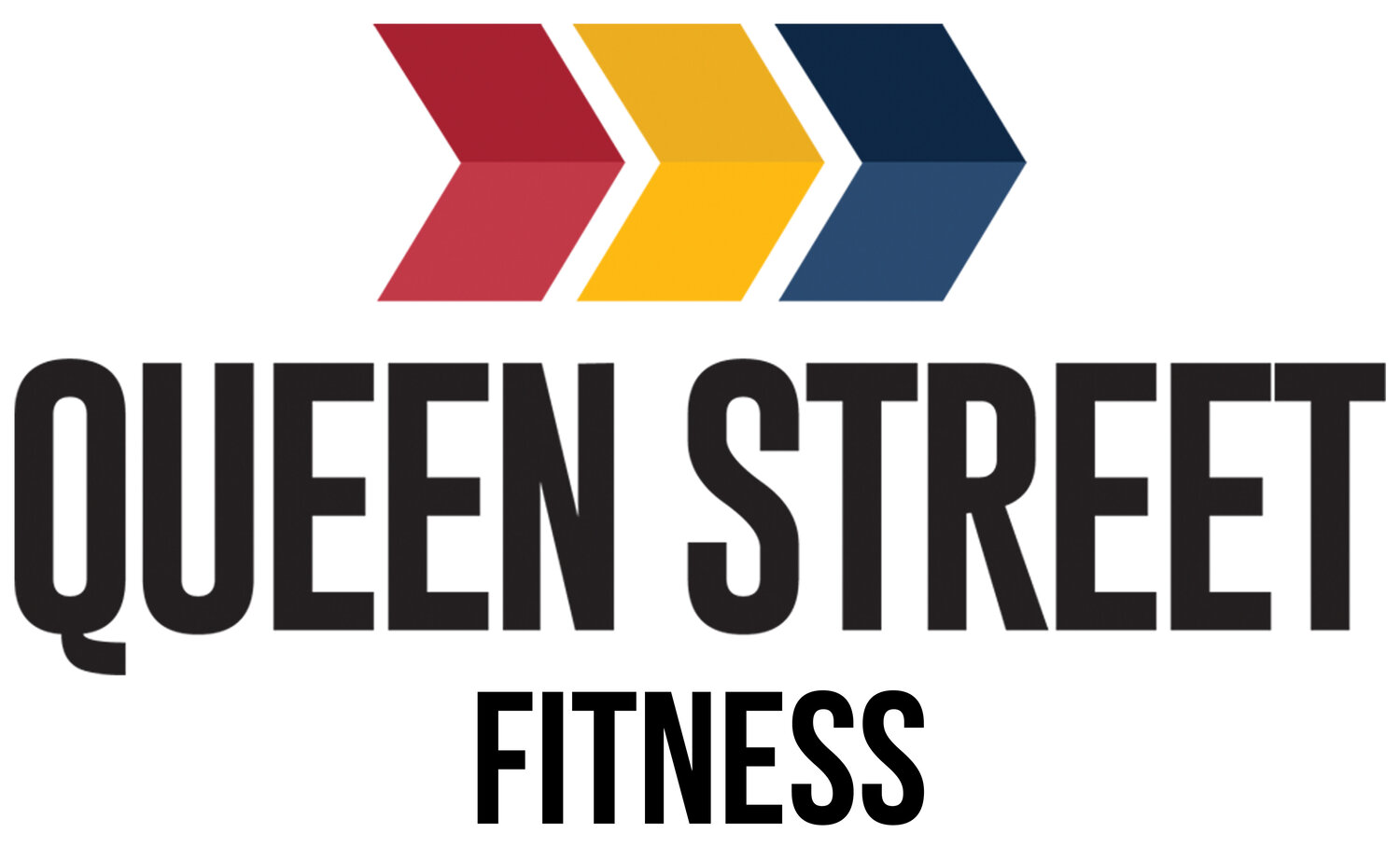What should I eat?
Eat real food. Not too much (or too little). Mostly Plants. For more on this, check out our approach to nutrition page.
If you want some of what exactly to eat, check out our recipes page.
Is/are carbs/fat/meat bad?
No food is inherently good or bad, healthy or unhealthy. We like to think of the value of different foods based on your goals, and in the context of a full diet (not one meal or one instance of eating). For more on how we like to think about food, check out our approach to nutrition page.
What should I eat before and after a workout?
We recommend that you are not hungry before a workout and that you eat a balanced meal post workout. Eating a balanced meal (protein, carbs, and fats) 1-2 hours before you train will prevent hunger and provide energy for training. If you train first thing in the morning and do not have time for a full meal, try having some some quick-digesting carbohydrates (like a banana). If you find yourself nauseous or feeling sick or sluggish in a training session, that may indicate that you are eating too much and/or too soon to your training time.
The objective of immediate post-workout food is to aid in your recovery. After training, blood flow is increased and your muscles are primed to accept nutrients. Eating protein and carbohydrates immediately (15-45 minutes) after your training session will promote recovery by helping you rebuild tissue and replenish energy stores. The amount of each (protein and carbs) will depend on your goals, your size, and the stimulus of the workout (a long AMRAP vs. a 1-rep-max lift). This could range between 15-30g of protein and 30-90g of carbohydrates.
We recommend that once you find a pre- and/or post-workout nutrition routine that works for you, to try and stay as consistent as possible with that.
Why do I feel like I have no energy during my workouts?
This may be a sign that you are not eating enough throughout the day, or that you are not eating enough before you train. If this becomes a constant problem for you, it may be a good idea to make some changes in your diet.
How do I change my diet?
Even if you feel like your diet needs a huge overhaul, it is usually best to implement small changes over time. This helps to make lasting change. Some examples of places to start include trying to chew more slowly, making sure to eat vegetables at every meal, drinking water instead of soda, etc.
Are alcohol and coffee okay?
Alcohol: “You can be healthy and drink alcohol, but alcohol isn’t healthy.” -Anne-Marie Sawula. Alcohol can negatively affect your ability to get good sleep, it can affect amino acid uptake and protein synthesis, it can hinder your ability to utilize important nutrients, and it can affect your hormones. All of this is not great for your recovery from training. That being said, you can still drink alcohol in moderation and have a healthy diet and lifestyle. If you are trying to find the "healthiest" alcohol option, you may be missing the forest for the trees. If you are going to have a drink, drink what you like, and try to enjoy it!
Coffee: Some people experience negative aide effects from consuming too much caffeine. These include problems with sleep, irritability, anxiety, and digestion issues. However, if you do not experience any of these effects, then there is no problem with drinking coffee. Caffeine can also enhance athletic performance (if you do not have a high tolerance).
Should I be taking supplements?
Supplementation (protein powder, pre-workout, branch chain amino acids, creatine, etc.) should be just that: a supplement to your nutrition. All of these things can have positive effects, but there is not real point in adding supplements to your routine if you do not already have consistency in training, sleep, nutrition, and general recovery.

